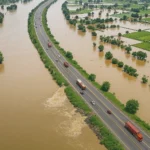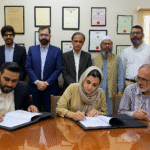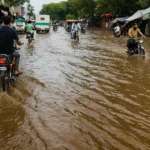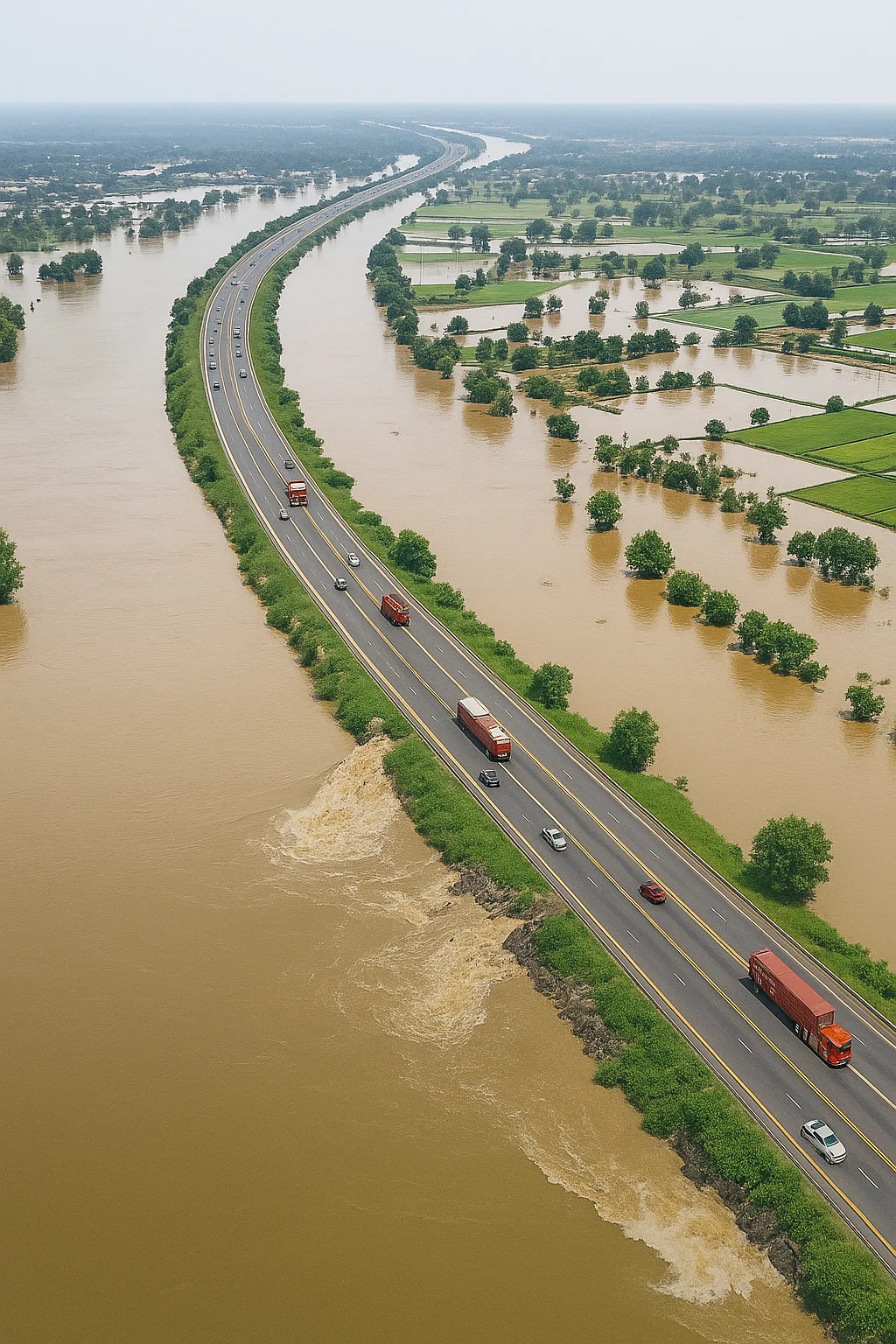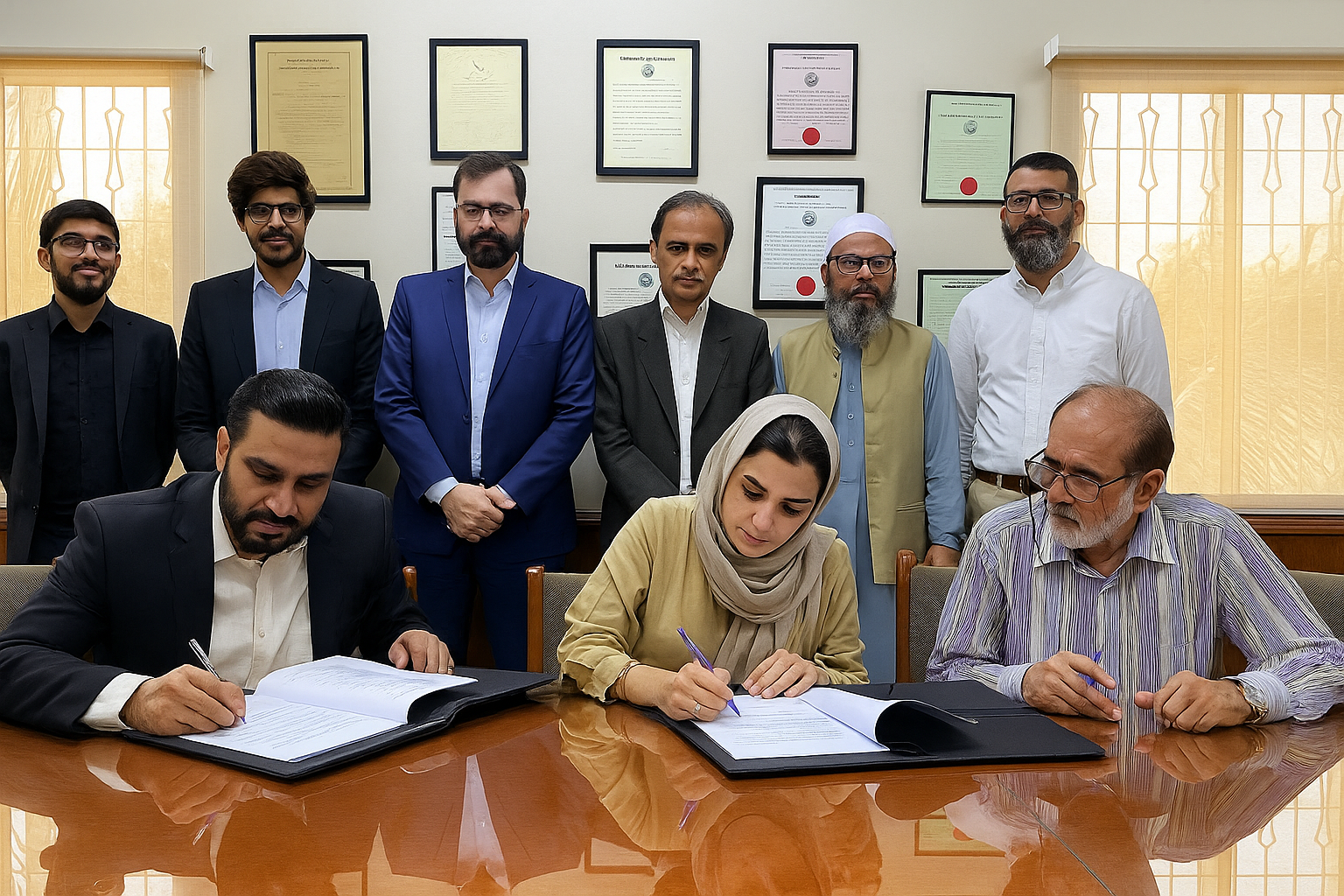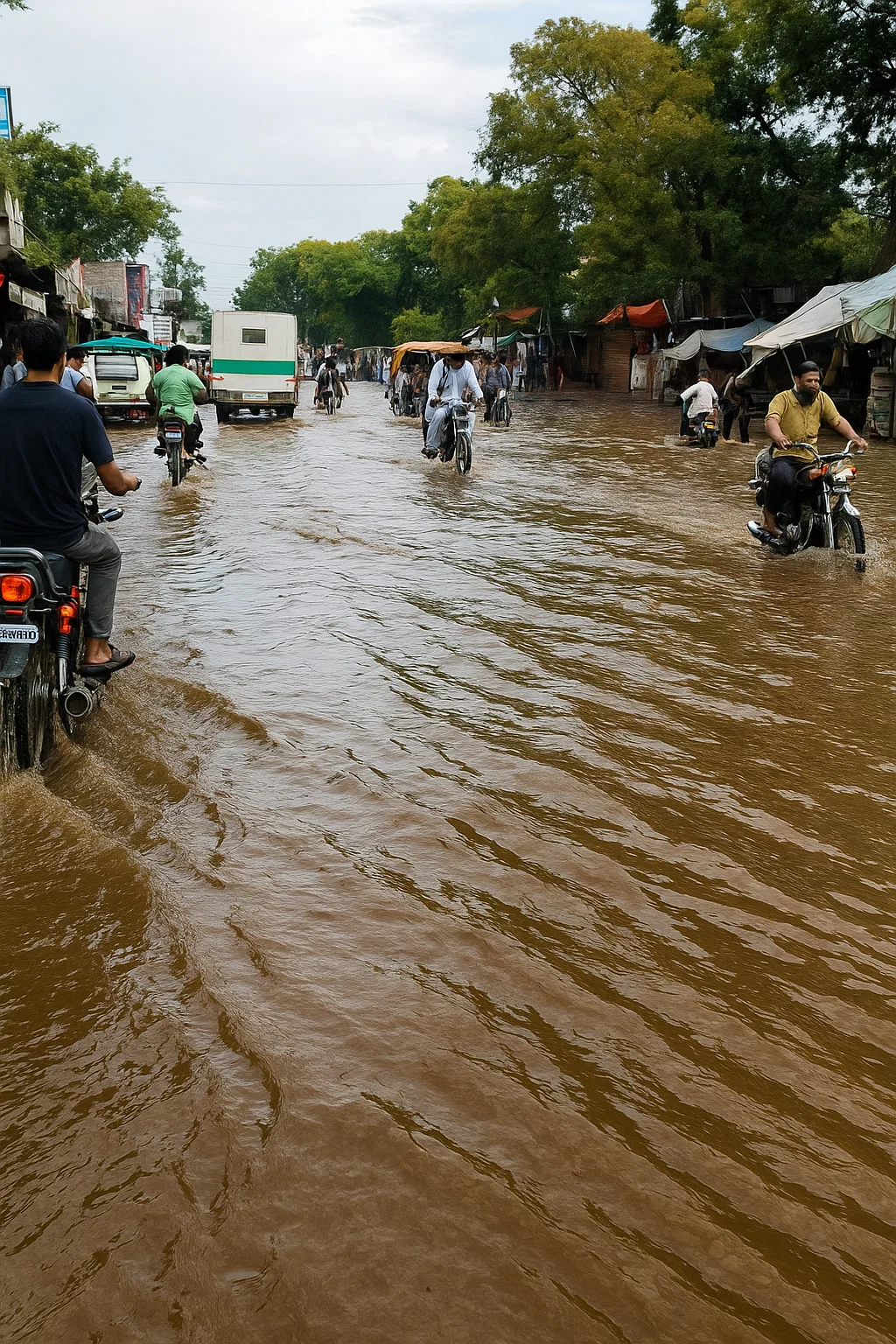The devastating monsoon floods in Khyber Pakhtunkhwa (KP) have caused widespread destruction, leaving thousands of families homeless and in urgent need of assistance. In response, the provincial government has announced a bold initiative where government and semi-government employees will contribute part of their salaries to a Flood Relief fund. This plan not only highlights the seriousness of the disaster but also demonstrates the province’s spirit of unity and collective responsibility.
Details of the Salary Deduction Plan
According to the official notification, employees serving in Grade 17 and above will donate two days of their basic salary, while those from Grade 1 to 16 will contribute one day’s pay. These deductions will officially begin with the August 2025 payroll. The contributions will be directly deposited into a specially created Flood Relief account managed by provincial authorities to ensure transparency and accountability.
Why Flood Relief is Needed Now
The severe monsoon rains triggered flooding across multiple districts of KP. Villages were submerged, homes washed away, and infrastructure such as schools, hospitals, and roads severely damaged. Many lives were tragically lost, while countless others were forced to evacuate their homes. In such dire conditions, Flood Relief has become the most urgent priority for the government, humanitarian agencies, and local communities.
Support for Displaced Families
Provincial officials explained that the funds collected through this salary deduction plan will be utilized to provide temporary housing, food packages, clean drinking water, and medical assistance to flood-hit families. The Flood Relief program will also ensure rehabilitation for those who have lost everything, including livelihood support to restart daily life. By channeling these funds effectively, the government hopes to give displaced communities a chance to rebuild their lives with dignity.
Repairing Public Infrastructure
Apart from direct assistance to families, the collected funds will be used to restore schools, hospitals, and basic facilities that were destroyed. Without proper facilities, children cannot return to education and patients cannot access essential medical services. The Flood Relief initiative places strong emphasis on repairing such structures, making sure that public institutions can resume functioning as quickly as possible.
Coordination with NDMA and Local Bodies
To ensure efficiency, all Flood Relief operations are being carried out in collaboration with the National Disaster Management Authority (NDMA). District administrations and welfare organizations are also actively involved, guaranteeing that aid reaches the hardest-hit areas on time. This joint approach is designed to minimize duplication of resources and to maximize the impact of each rupee collected.
Collective Responsibility and Unity
The KP government has described this salary deduction as an act of collective responsibility. While governments allocate funds for emergencies, additional resources are often needed when disasters strike at such a large scale. Through this contribution, government employees are demonstrating their solidarity with flood-affected families. The Flood Relief initiative reflects how a province can come together in the face of tragedy.
Voices of Compassion
Many government workers have expressed that while the deductions will slightly impact their monthly income, they are proud to be part of a noble cause. “It is a small sacrifice for us compared to what flood victims are going through,” said one employee. Such voices show that the Flood Relief program is not just a financial arrangement, but also a moral movement to stand with fellow citizens in times of suffering.
Long-Term Disaster Preparedness
Prime Minister Shehbaz Sharif, while visiting flood-hit areas in KP, emphasized the importance of learning lessons from disasters. He highlighted the need to prevent construction in vulnerable areas, promote reforestation, and improve long-term disaster management strategies. While the current Flood Relief initiative addresses immediate needs, it also draws attention to the importance of resilience and preparedness against future calamities.
READ MORE:
https://freedompakistan.com.pk/ishaq-dar-visit-to-dhaka/
Role of Civil Society and Volunteers
Beyond government efforts, welfare organizations and local volunteers have stepped forward to strengthen the Flood Relief operations. Communities are collecting donations, distributing food, and providing shelter. Their participation underlines the fact that rebuilding after floods cannot be done by government alone—it requires the compassion and contribution of society at large.
Symbol of Hope in Difficult Times
Despite the destruction, the Flood Relief initiative has emerged as a symbol of hope. It shows that even in the darkest of times, people can unite to support each other. The spirit of generosity from government employees and the coordination among institutions has renewed faith that Pakistan can recover from natural disasters with courage and determination.
Conclusion
The KP government’s salary deduction plan marks a historic step in supporting flood victims. By pooling together contributions, the Flood Relief initiative is helping displaced families, restoring infrastructure, and symbolizing unity in crisis. With 12 mentions of Flood Relief in this article, one thing is clear—the phrase is not just about financial aid, but about compassion, solidarity, and resilience. As efforts continue, the hope is that these contributions will rebuild homes, heal communities, and prepare Pakistan for a safer future.



